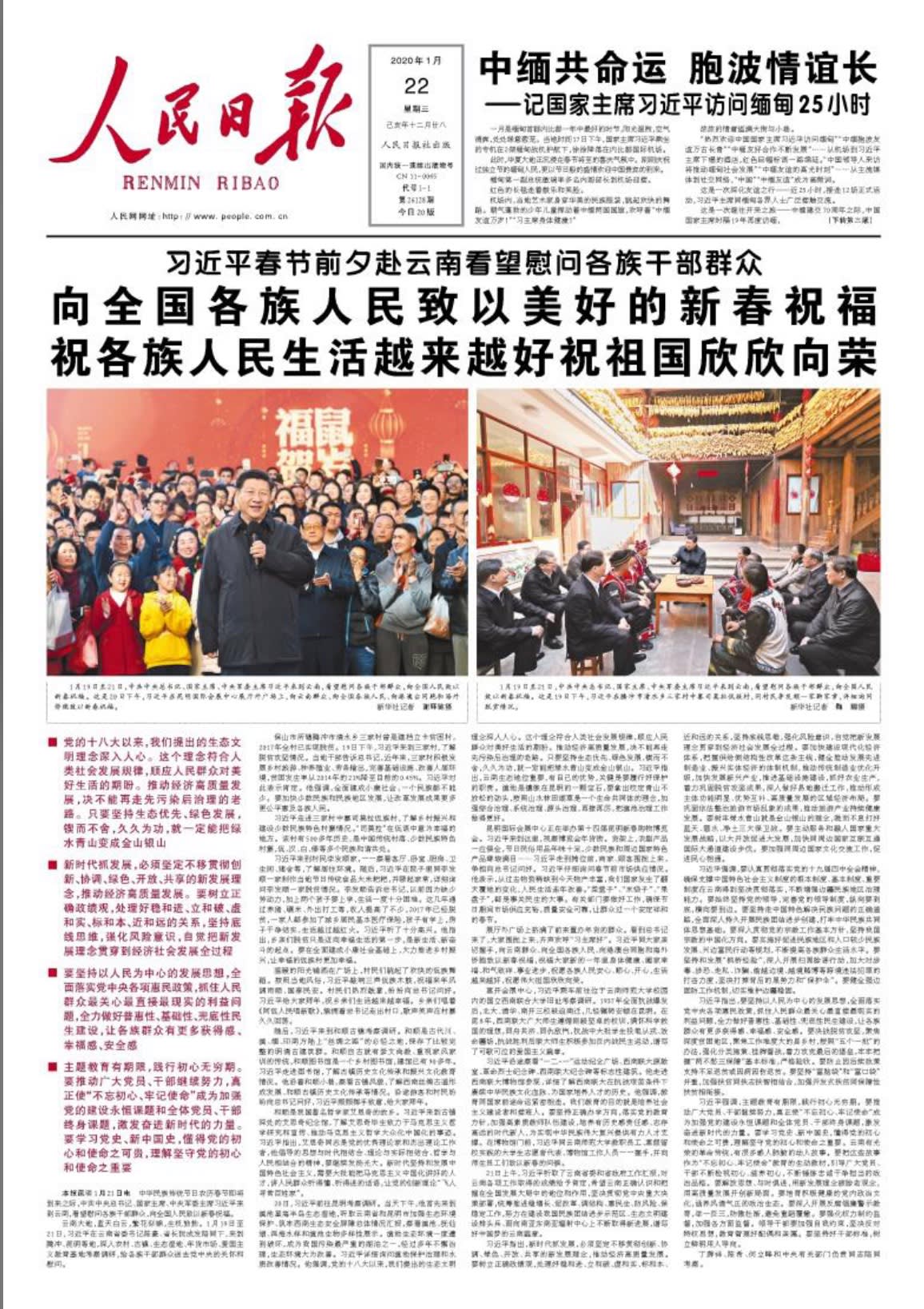A recent chart on housing affordability in major cities compared with incomes –

Source: https://twitter.com/PlanMaestro/status/1472616369745281026
Hangzhou, where we have an apartment, comes out looking better than Shanghai but a lot worse than New York or London. Great – I guess.
One-data point comparisons are always suspect. On “city housing affordability” one has to ask, “affordability for whom?” I am always suspicious – affordable to an expat on a two-year assignment, coming with family and – most important – a nice-sized business housing allowance who wants to live in the most-like-home part of town? Ok. One can have many more issues – what incomes? median? average? what part of the city center? On the chart, “gross rental yield” is presumably an annualized per cent of purchase price, but the units are unstated. The horizontal axis is itself a ratio, price divided by income.
Still, there is some value in such a comparison, of the 50,000-foot view variety. We know prices for apartments in New York and London and Tokyo are high. If the chart above is using reasonably comparable methods for all cities, Chinese housing affordability does look outrageous. And there are plenty of news stories with data on real prices and incomes to support a chart that look something like the one above.
More than anything else, such a chart suggests that real estate prices in big cities in China are headed for a fall – as measured by the same methods used to produce the chart. Reasons – a lot fewer expats in China on expense accounts; end of the demographic dividend – the working age population is now falling by about 5 to 7 million a year, and those are people who would buy apartments; a push by owners of multiple apartments to decorate them and rent them out or sell them, now they realize that prices cannot always go up; falling birth rate (from already far-below-replacement numbers; insufficient middle class jobs for college graduates; and crackdowns on purchases of multiple apartments, convenient divorces to permit purchases, and the crackdown on corruption generally.
By most accounts there are around 65,000,000 empty (newly built in the last decade or two) apartments in China. As is typical in China, these apartments remain concrete shells with windows, utility stubs in the wall, but no “decoration” – finished floors or walls or appliances or interior doors. The concept has been to buy as a store of value. The value of that means of investment is now highly suspect. GDP growth in the next decade in China will regularly be below 5%, perhaps in the range of 2% or 3% (my opinion). Right now and for the next couple of years the economy will have to adjust to millions of people who have lost or will lose jobs in real estate sales and after-school tutoring. With relatively slower growth in exports, decline in construction investment, and general international political antipathy, China doesn’t have – or need – more people clamoring to buy apartments.
My guess is that another round of fiscal reform is coming in a few years. The last major reform in 1994 https://en.wikipedia.org/wiki/Tax-Sharing_Reform_of_China_in_1994 adjusted taxes paid to central and local governments and revenues distributed. The central government got a bigger share of tax revenues; cities got the burden of most social welfare expenditures and the right to most revenues from selling land. The result, along with evaluating local and provincial officials by how much GDP they “created” during their five year term, was the extreme overemphasis on physical development we have seen in the last twenty years. These policies also created severe imbalances in the shares of investment and consumption in the economy. Subsequent reforms have not addressed the excessive use of land sales by local governments to fund daily operations.
The GDP problem that could be ignored for twenty years is now salient. As China grew dramatically, all parts of the economy grew. There are now plenty of investment firms and stock exchanges and futures markets and marketing firms and media companies. But the big story was in investment. There were plenty of jobs in construction and for architects and designers and engineers and project managers. Some of those architects and designers and engineers will find work elsewhere in China or on OBOR projects. Some of the construction workers will be able to do that as well. The point is still the old story about imbalance between investment and consumption. With investment share of GDP falling, the consumption share must rise, and the economy just doesn’t need so many construction workers and at the same time it doesn’t really need more workers in retail or personal services.
Michael Pettis has been talking about this dilemma for a decade. His point, and mine, is that the income share of GDP needs to go up. That means less money for SOE investments and salaries and profits and less money for governments – fewer expressways and ports and fancy government buildings – and more for ordinary working Chinese. Incomes and interest rates have long been repressed in China to focus on investment. If emphasis on the physical environment is lessening, money should be available for social environment purposes – education, health care, pensions, personal services. When general incomes go up, consumption can go up, along with jobs in those sectors.
Unfortunately, the trend is in the other direction. With the decline in real estate land and apartment sales, local governments are now in a severe fiscal crunch. For many big cities revenues from land sales have been 50% or more of total revenues and that is no longer going to be the case. Beijing has said it will increase transfers to local governments to help alleviate the fiscal crisis, but my suspicion is that a good portion of that money will go to pay interest and principal on bonds for infrastructure projects that cannot cover their payments now. In other words, the transfer funds will go the banks and investors, not ordinary Chinese. Bankers and investors have jobs, too, but they are not the ordinary Chinese we are talking about.
We just saw that civil servant salaries have been trimmed in Eastern China by 15% or so. Quarterly bonuses that were always a significant part of salaries have been cancelled. That is an astounding change. The story is here.
Civil servants have been reasonably well compensated, as have some university teachers – but by no means all. This is the middle class that has been able to go on vacations and buy some luxury products – not a lot, but some – and those bonuses will not be coming back soon.
For a couple of decades there has been a meme in development economics that some developing countries “industrialized too fast” using foreign donations and import replacement tactics. The countries developed resource-heavy industries that created very wealthy vested interests and politics, including corruption, skewed to their own interests at the expense of factory and extraction workers. A local service sector economy was insufficiently developed.
Development economist Dani Rodrik makes the argument Growth Without Industrialization.
After some early industrialization, the argument goes, some of these countries “deindustrialized too quickly” meaning that their resource base declined or local labor prices rose or external competition increased. Funding from donors tended to be misspent or go into physical infrastructure that did little to enhance local incomes. The countries attempted to build their service sector, but some of those functions could easily be handled by foreigners outside (law, banking, investment, even marketing and advertising). The economies did not grow in a reasonably balanced way, for both investment and consumption. The local service sectors remained underdeveloped, mostly because incomes were not distributed widely among the population.
I don’t want to push this model to represent China, but one can see the parallels. China did industrialize quickly, and government attention was on investment and not on consumption or services. Now, labor costs in China have risen, factories in China are more efficient (more machines than before), manufacturers are leaving China, and the service sectors have blossomed in the past fifteen years. But those service sectors remain smaller than needed for good consumption growth, because general Chinese incomes, although rising, remain low. Only with substantial transfers of wealth from SOE and governments to ordinary Chinese can this conundrum be remedied. That can be investments in education or health care or pensions, so Chinese don’t need to fund so much of those items from their own pockets. But social service spending is needed to raise incomes and GDP in China.
One can see a lot in a single chart, one you get past the single data point conclusion. The US is not the only big country with fiscal problems at both macro and micro levels. And the US had its own housing affordability crisis about fourteen years ago. The ham-handed and biased government response was partly responsible for the politics of the last decade. Et tu, China?



River water flows east
James Palmer reminds us in Foreign Policy that deaths of CCP leaders are sometimes … inconvenient. Announcement of a death may be delayed by hours or days while CCP figures out what the death means. Deng Xiaoping’s death was not reported immediately. Jiang Zemin was not nearly so popular as Deng, but he was known as not-so-loyal opposition to Xi Jinping. His death amid virus-related protests including denunciations of Xi everywhere in China requires some … consideration.
On November 30 Shanghai blogger Qin Feng reported – pointedly, again, in the same words – jiang shui dong liu qu the river water flows to the east. She had posted that on November 13 and her wechat was immediately blocked by CCP. She posted it again yesterday.
I have no information about any relationship of Qin Feng to the Jiang family. It is possible that she is the daughter of an acquaintance of the family from many years ago, or that someone in her family worked for Jiang at one time. It is possible that she is just making stuff up. There has been a Jiang death watch for years now. He was 96.
No matter. Since we are returning rapidly to an information-free China, when speculation and conspiracy theories are all we have to go on, I’m going with this. Qin had some inside information from about two weeks ago. Her post was odd – what could it mean? The Jiang could be a reference to Jiang Zemin. This odd post was then blocked by CCP. When she regained her access to wechat – after Jiang’s death was announced – she posted it again.
There is the joke about eastern European political intrigue, when nations were competing frantically both publicly and surreptitiously. Deception was the order of the day. A meeting was scheduled between two fierce opponents, meant to clear the air at least a little. Hours before the meeting, the chief negotiator on one side died. Hearing of the death, the lead on the other side mused. “Died? I wonder what he means by that.”
Et tu, Jiang.